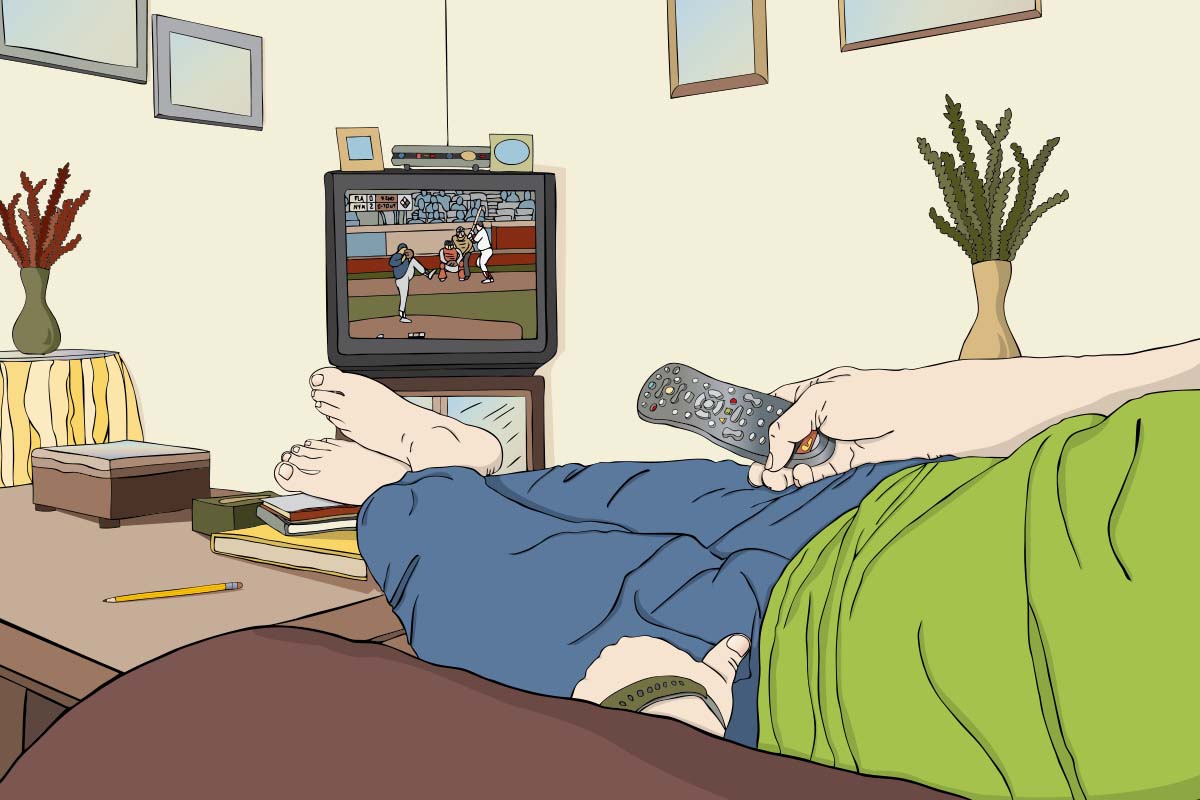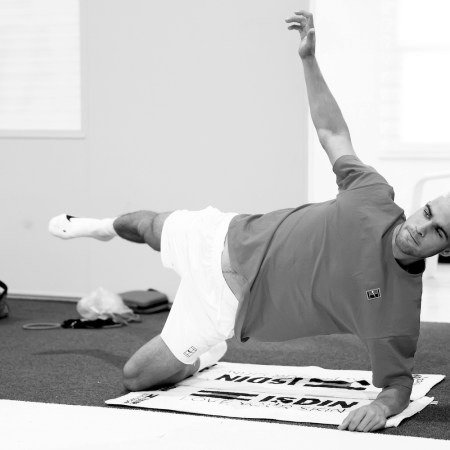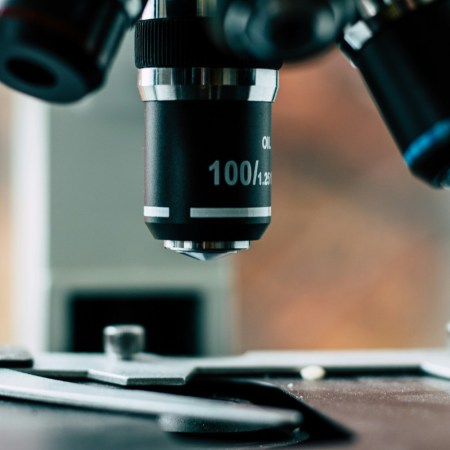We’re more likely to equate the behavior of children — running around, causing a general ruckus — with that of monkeys and primates. But as it turns out, many modern adults are the ones whose day-to-day lives resemble those of apes.
Our closest living relative, the chimpanzee, spends much of its time sitting on the forest floor, digesting fruits and insects. Chimps spend eight to 10 hours a day resting, and nine to 10 hours a night sleeping. They walk less than two-and-a-half miles per day, which, in human terms, is equal to about 5,000 steps.
Recent spotlights from the CDC have illustrated that humans are sitting way too much — around seven hours a day. We spend most of those hours looking at screens, but that’s just about the only way in which our sedentary lifestyle diverts from that of chimps. The trend is concerning to evolutionary biologists, who have taken pains to exhibit why it’s so important that human adults keep moving, especially as they age.
Dr. Daniel E. Lieberman, a Harvard scientist who has written several prominent papers — usually comparing prehistoric fitness to latter-day practices — recently published a study partly titled “The active grandparent hypothesis.” The research suggests that human beings specifically evolved to remain active well into the twilight portion of their lives. A commitment to lifelong movement “guards against chronic illnesses such as cardiovascular disease, type 2 diabetes, and even some cancers.”
That might sound sort of obvious: Yes, I would hope that physical activity keeps me healthy as I get older. But Dr. Lieberman’s research offers an evolutionary framework for why that is. It helps to look at chimpanzees. We take it for granted that human beings live well beyond their post-reproductive years. The average life expectancy of a woman born in the United States this morning is 81.4 years old. The average menopause age, though, is 51 years old.
That discrepancy is massive, and in the family of great apes, absolutely unheard of. In the wild, most chimpanzees live to about 30 years old. Most female chimpanzees don’t even make it to menopause. But over many millennia, and as far back as 40,000 years ago, Homo sapiens evolved “to remain physically active as they age — and in doing so to allocate energy to physiological processes that slow the body’s gradual deterioration over the years.”
The modern lifestyle, though, poses an existential, everyday threat to these long since-earned improvements in human health and lifespan. When we let exercise fall to the wayside (and behave more like chimpanzees), it’s harder for the body to ward off disease and early mortality. Without regular physical activity, we’re at an increased risk of “diabetes, obesity, cancer, osteoporosis, Alzheimer’s, and depression.”
The big change, of course, is that physical activity is now treated as a choice. Several thousand years ago, it was an imperative for survival. But for those struggling to get into any sort of rhythm with daily exercise, just know that you don’t need to buy a Peloton or join ClassPass. Literally any movement is better than sitting on your butt all day.
As Dr. Lieberman says: “The key is to do something, and to try to make it enjoyable so you’ll keep doing it. The good news is that you don’t need to be as active as a hunter-gatherer. Even small amounts of physical activity — just 10 or 20 minutes a day — substantially lower your risk of mortality.”
The Charge will help you move better, think clearer and stay in the game longer. Subscribe to our wellness newsletter today.



















